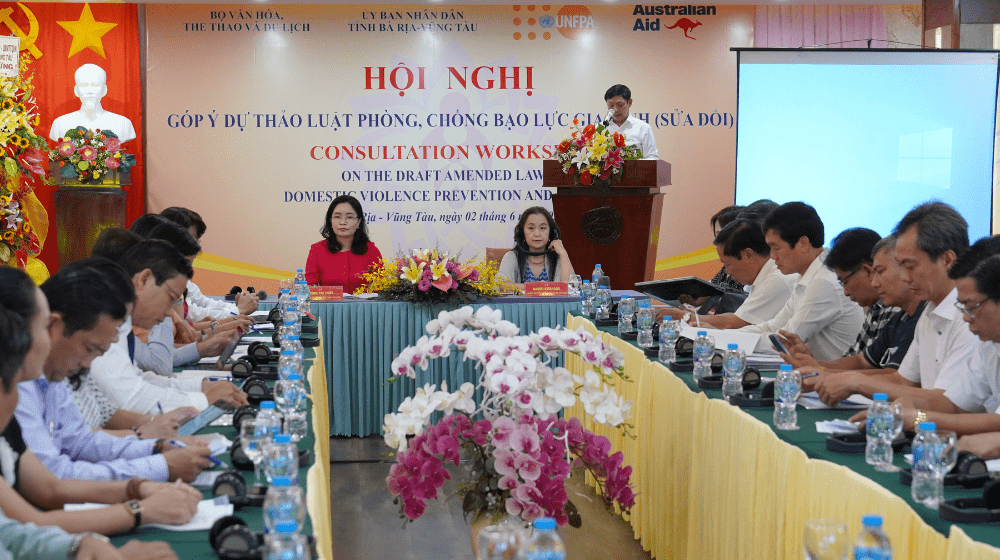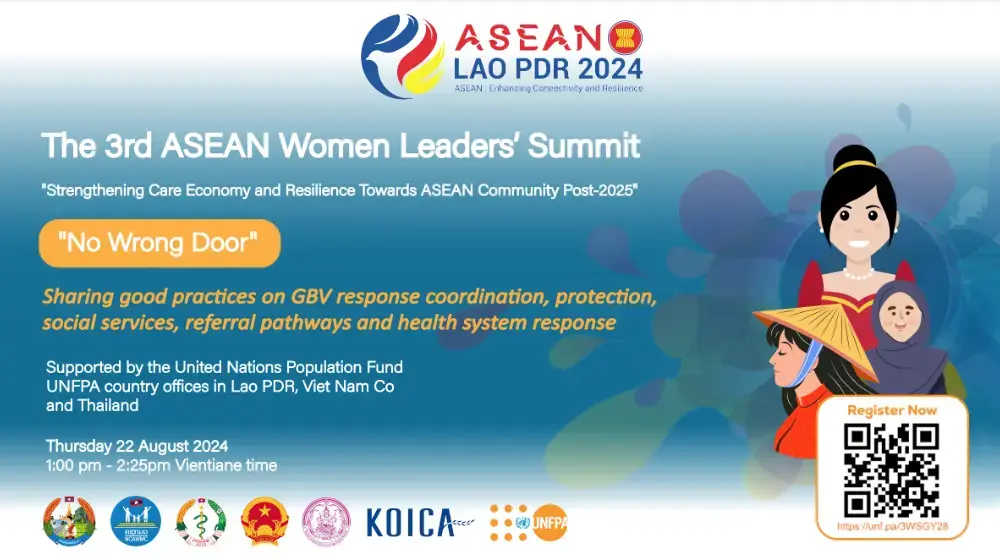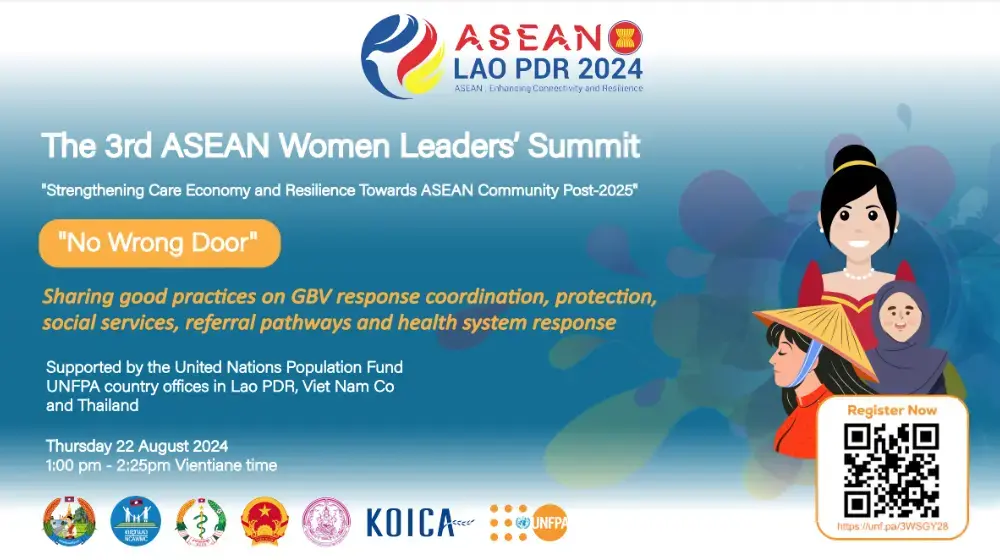Vung Tau, 2 June 2022 - The local authorities of the southern provinces and cities in Vietnam share their feedback and comments on the amended Law on Domestic Violence Prevention and Control to ensure their practical experiences in addressing domestic violence and violence against women are fully reflected in the amendment.
A three-day consultative meeting, starting today in Vung Tau, is chaired by the Vice Minister of the Ministry of Culture, Sport and Tourism, Ms. Trinh Thi Thuy, and the UNFPA Representative for Viet Nam Ms. Naomi Kitahara. Participants in the discussion are senior leaders of the People’s Committees and People’s Assemblies, representatives from the provincial Departments of Culture, Sports and Tourism of the southern provinces and cities, and the experts in this field.
This consultative meeting is significant as the amended Law will be discussed at the on-going session of the National Assembly in Hanoi. High on the agenda of the meeting are the review of the contents of the draft amended Law and the sharing of UNFPA perspectives of applying the domestic-violence survivors-centred approach during the process of drafting.
According to statistics compiled by the Ministry of Culture, Sports and Tourism in the period 2009 - 2021, the total number of domestic violence cases in localities across the country is 324,641 cases. Meanwhile, the UNFPA-supported National Study on violence against women in Vietnam in 2019 showed little change of violence against women after 10 years since the 1st study in 2010. In particular, 62.9 percent of women in Vietnam experienced at least one form of violence in their life time, including physical, economic, emotional, and sexual violence and controlling behaviors. In addition, 90.4 percent of survivors of violence did not seek any help from authorities while half of them never told anyone about the violence. Thus domestic violence is hidden in society, and it is an alarming issue.
The UNFPA Representative for Viet Nam Ms Naomi Kitahara said that it is high time to amend the current Law on Domestic Violence Prevention and Control and UNFPA is honoured to support the Ministry of Culture, Sport and Tourism during the process of revision.
Ms Naomi Kitahara said: “Over the years, UNFPA has been supporting the Ministry for the revision of the Law to incorporate all recommendations from previous studies and ensure international standard and commitments on the prevention and the response to violence against women and girls. As the National Assembly is scheduled to elaborate on the revised Law in coming days, the consultative meeting today aims at discussing it further from the perspectives of local authorities from the southern provinces and cities. We must not leave anyone behind in Viet Nam’s sustainable development process, and that includes survivors of violence, and women and children at risk of violence.”
Up to date, the draft revised DVPC Law has gone through many technical meetings and consultative workshops with line ministries and experts in this field, and CSOs. The revised Law consists of 6 chapters, 62 articles with 24 new articles, and 38 supplementary articles. Currently, the revised DVPC Law is being reviewed by the National Assembly at its on-going session and it is planned that the amended law will be adopted in October 2022.
The revised Law on Domestic Violence Prevention and Control is based on a human rights approach, incorporating international lessons, experiences, and recommendations to strengthen the effectiveness of state institutions, while creating favorable conditions for the policies and programmatic interventions to prevent and effectively respond to domestic violence in Vietnam.
During the process of DVPC Law revision, the survivor–centred approach has been applied to ensure the rights of domestic violence survivors, and their needs and voices are taken into account and being heard seriously, especially in the context of Viet Nam where violence against women is mostly hidden. It also requests the relevant stakeholders to pay further attention and provide financial and technical resources during the Law implementation.
Note to editors:
A survivor center – approach means placing the needs and priorities of survivors at the forefront of any response and policy development. In particular, the survivors must be ensured of the following:
- Being treated with dignity and respect;
- They have full access to a safe, supportive, non-judgmental environment;
- They have access to appropriate information;
- They are being enabled to make an informed choice and decision; and
- They have the right to privacy and confidentiality.
For further information please contact:
UNFPA: Ms Nguyen Hong Thanh, Communications Officer
Mobile: 0913 093 363; Email: tnguyen@unfpa.org




